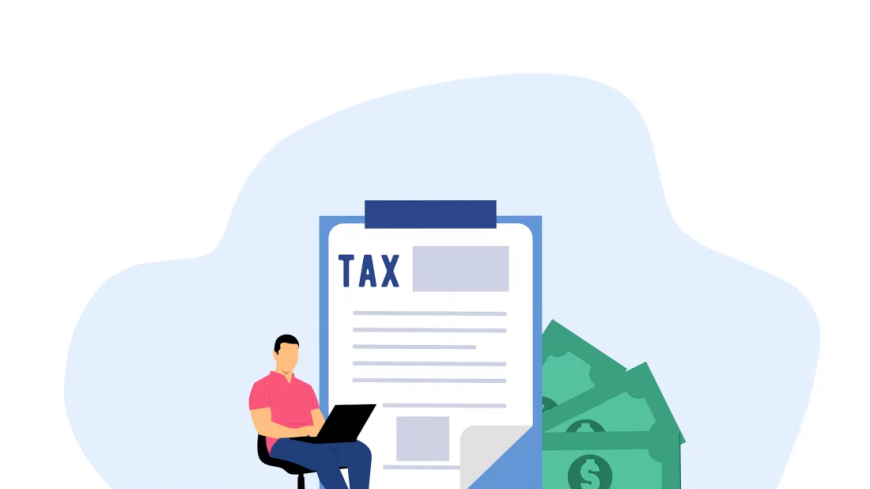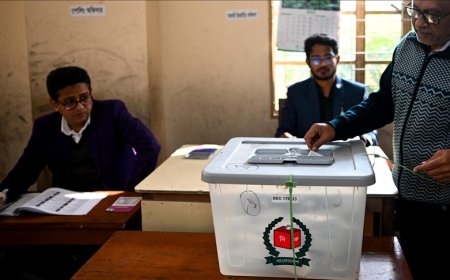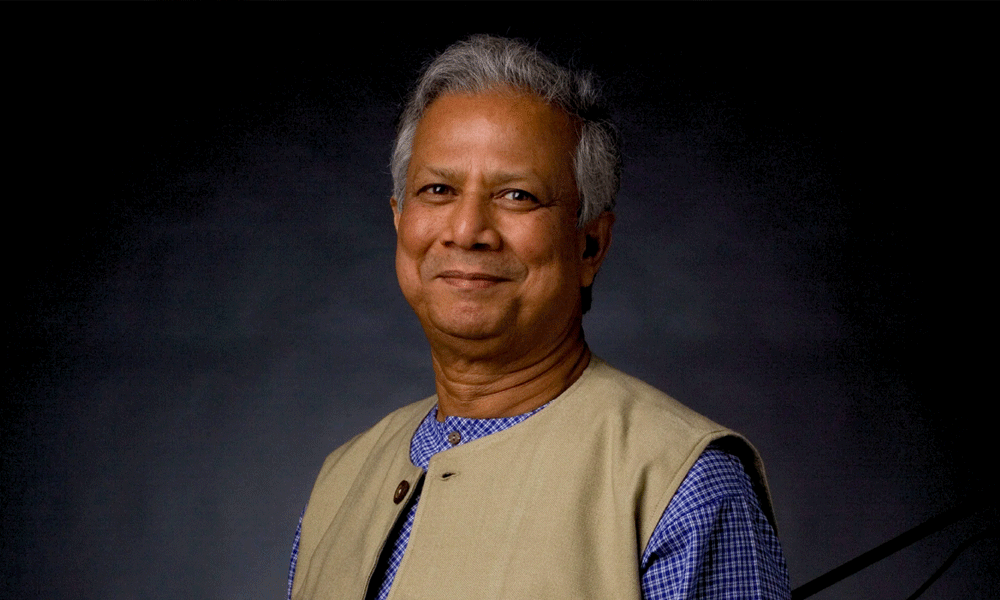Everything comes at a cost
How indirect taxes can be a double-edged sword.

The recent hike in Value Added Tax (VAT) in Bangladesh has sparked a heated debate, highlighting concerns from businesses, consumers, and authorities alike. This move serves as a stark example of the economic imbalance, potentially exacerbating inequality and curbing consumer spending in a country where many are already struggling to make ends meet. While VAT is a key tool for generating government revenue to fund public services, its blanket application without considering the socio-economic realities can disproportionately burden those least able to afford it. Although the government defends the increase as necessary for boosting revenue collection, critics fear it could worsen inflation, reduce purchasing power, and harm economic growth.
In January 2025, the National Board of Revenue (NBR) raised VAT and introduced additional charges on around 100 goods and services. For instance, the VAT on air-conditioned restaurant bills jumped from 5% to 15%, making dining out significantly more expensive. Similarly, entertainment services like cinema tickets saw VAT rise from 10% to 15%. Items such as cookies, cakes, pickles, and sauces now carry a 15% VAT, and mobile phone and internet services faced a VAT increase from 20% to 23%, pushing the total tax burden on consumers to over 42%. Air travel also became pricier with higher excise taxes. The government's goal is to raise the nation’s tax-to-GDP ratio, but this move has sparked concern among both consumers and industry leaders, especially in the face of ongoing inflationary pressures.
The government's justification for raising VAT rates is logical in theory: With national finances under strain from rising expenses and declining foreign aid, boosting domestic revenue is essential. Supporters argue that increasing revenue through taxes like VAT is crucial, as Bangladesh's tax-to-GDP ratio of around 9% is much lower than the global average of 15%. Without stronger revenue streams, the government risks failing to fund infrastructure, social safety nets, and debt obligations.
However, the reliance on indirect taxes such as VAT hits low- and middle-income people the hardest. Unlike direct taxes, which are based on income and wealth, VAT applies uniformly to goods and services, making poorer individuals pay a larger portion of their income compared to the wealthy.
Bangladesh's economy, heavily reliant on agriculture, SMEs, and labor-intensive sectors, is largely driven by domestic consumption. A rise in VAT could discourage spending, which is vital for the growth of sectors like retail, food, and manufacturing. Small businesses, already struggling due to inflation and post-pandemic recovery, may find it difficult to absorb these costs or pass them on to consumers. Additionally, higher VAT on essential items could worsen inflation, which stood at 10.89% in December 2024, directly affecting low- and middle-income households and further eroding their purchasing power.
The timing of this VAT increase also raises concerns, especially given the current inflationary environment caused by global supply chain disruptions and local currency depreciation. Basic necessities like food, fuel, and healthcare are already expensive, and the VAT hike further exacerbates the cost of living for vulnerable communities, pushing them deeper into poverty and limiting their access to essential goods. Citizens, already dealing with higher energy bills and stagnant wages, see the VAT increase as another financial blow.
Striking a balance between generating revenue and safeguarding economic well-being requires a comprehensive approach that takes into account both state needs and citizen welfare. While the government's aim to improve the tax-to-GDP ratio is valid, the scale and timing of the VAT hikes are concerning. Implementing such changes during a period of high inflation could unintentionally reduce consumer spending and stifle economic growth. A more measured approach, including stakeholder engagement and gradual adjustments, might achieve fiscal goals without overwhelming consumers and businesses. For example, exempting essential goods and services from higher VAT or introducing a progressive tax structure would ensure that the wealthiest contribute a fairer share of the tax burden.
Moreover, improving tax compliance and addressing evasion by large firms could significantly increase revenue without unduly impacting ordinary citizens. Essential goods and services primarily used by low-income individuals should be exempt from VAT increases. It's encouraging that the government has recognized some of these concerns and rolled back certain VAT hikes, signaling a willingness to engage with the public's concerns.
In the end, public trust in fiscal policy depends on its fairness and effectiveness. If tax policies are perceived as equitable, they are more likely to gain broad support. However, without a focus on equity, the VAT hike risks alienating those it aims to help. This could lead to reduced compliance, public dissent, and doubts about the government’s ability to manage the economy.
Taxation is not merely a financial matter; it reflects the social contract between the government and its people. In its current form, the VAT hike threatens to breach this contract. While tax reforms are crucial for Bangladesh’s development, they must align with the economic realities faced by its citizens. Collaborative policymaking that considers the perspectives of all stakeholders is vital in navigating these complex economic challenges. Ultimately, achieving a balance between revenue generation and economic stability is key to ensuring that the benefits of tax reforms outweigh their costs.
What's Your Reaction?





















































































